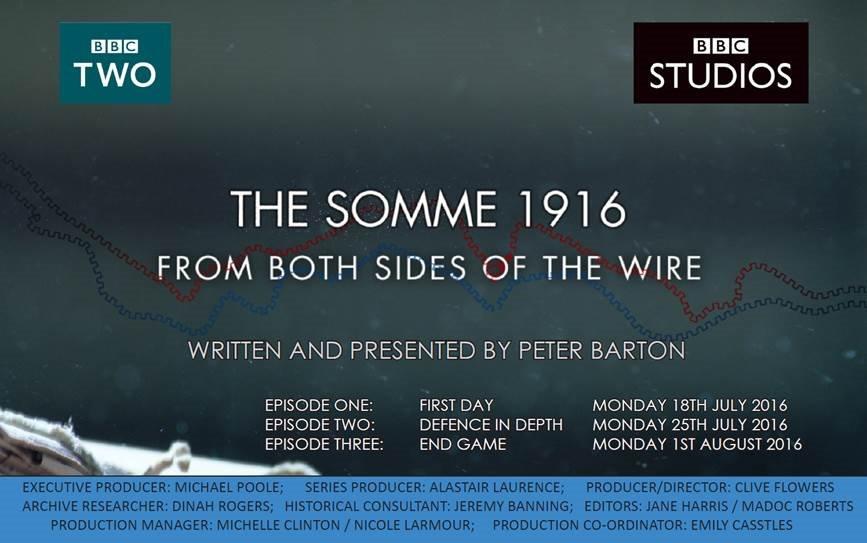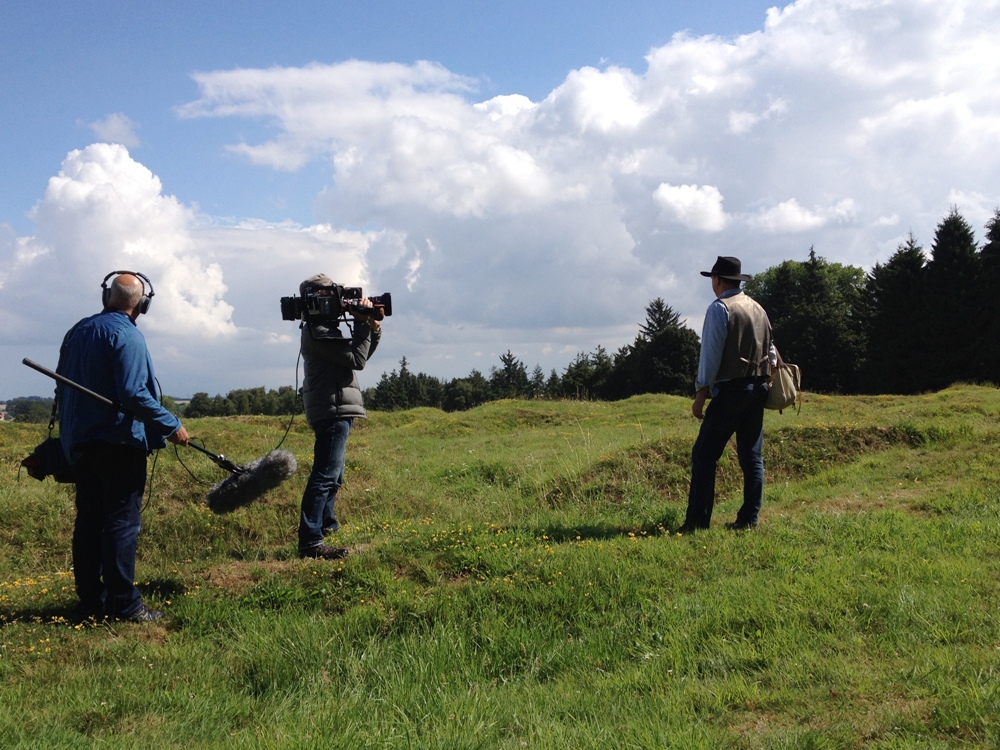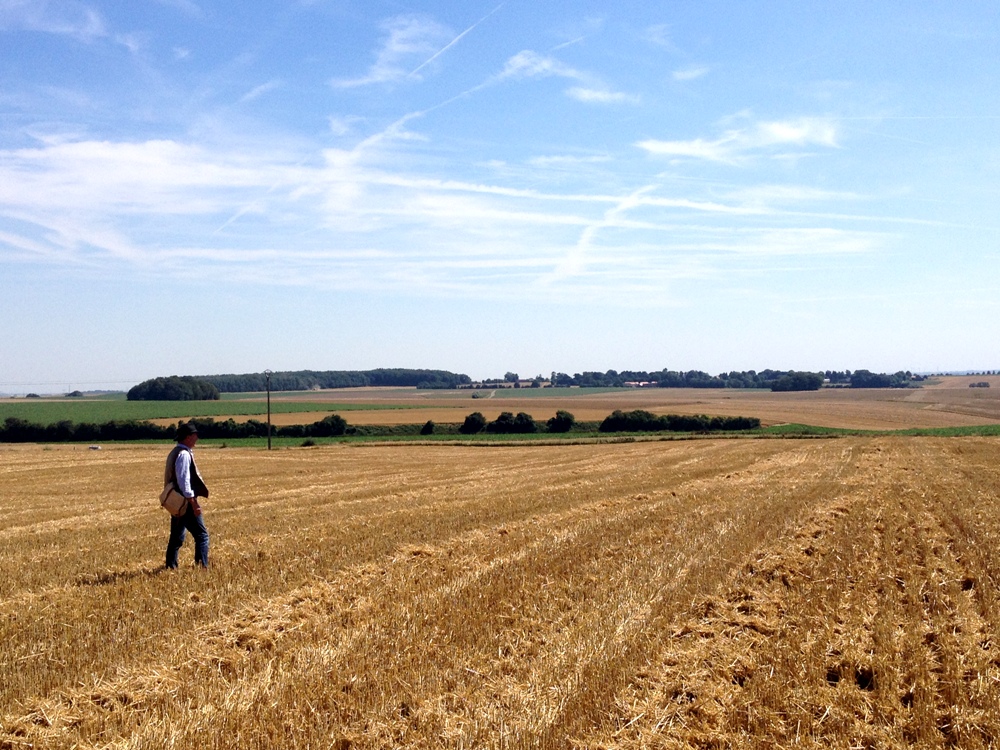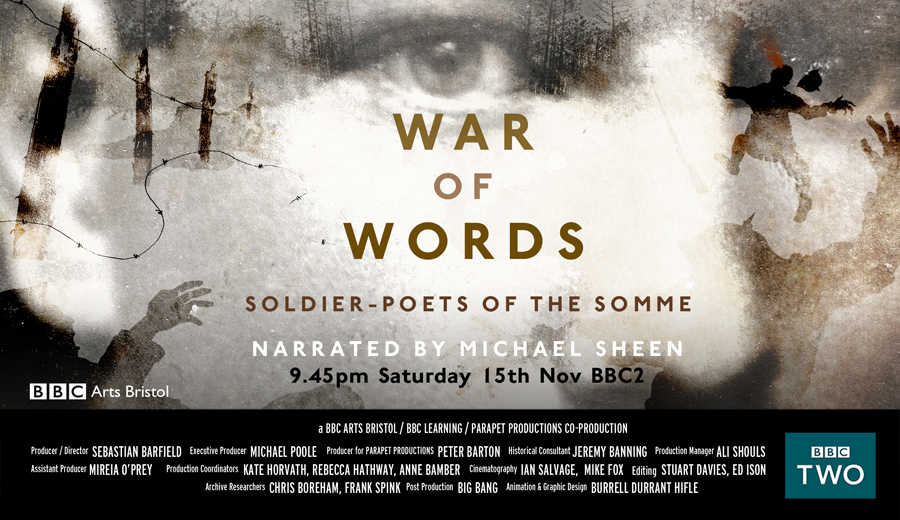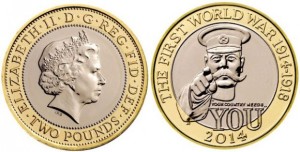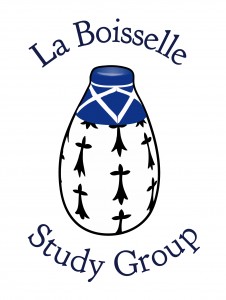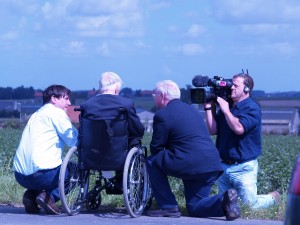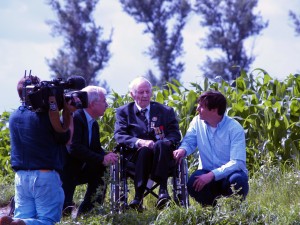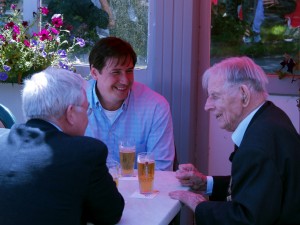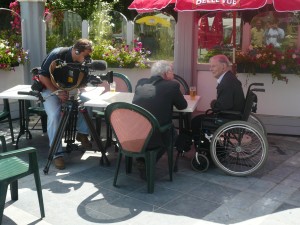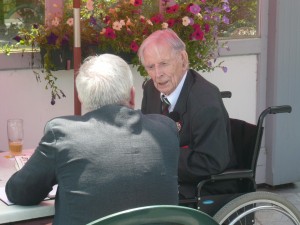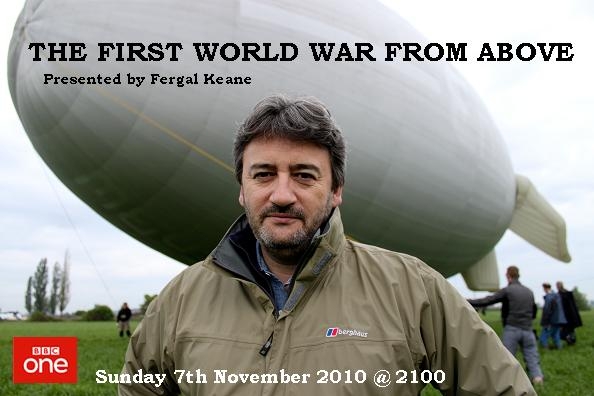Posts Tagged ‘BBC’
Prior to the armistice period and a subsequent battlefield trip to the Somme I spent a day at Carlshalton Boys Sports College. I had been invited there by History teacher, Julie Haunstetter.
What marked this day out over many of the other school visits I undertake was the commitment and interest shown by students. The school and history department had clearly vested a great deal of thought into the theme of remembrance in 2014 with one student Regan writing a heartfelt poem which has been added to a T-shirt to raise funds. This had been picked up by the BBC and Regan and a fellow student, Sam, had accompanied Julie Haunstetter on to the BBC Breakfast sofa.
For my November visit we had planned a full day with sessions looking at a variety of topics including enlistment, training and life in the trenches plus a session on tunnel warfare and our archaeological work at La Boisselle.
The most rewarding session was spent with higher ability students casting a critical eye over the use of sources. Over the past few years I have been horrified to hear and observe students simply relying on Google as a means to gather knowledge. I wanted Carshalton’s students to analyse why this was wrong and, as an example of flawed material, offered in a critical look at certain reference sources used in the writing of the Great War.
An obvious place to start was the British Official History (or to give it its full name, the History of the Great War based on official documents by direction of the Historical Section of the Committee of Imperial Defence). I explained the process in which versions had been compiled. Ongoing analysis has found many inconsistencies in these volumes. I was able to show the students examples of correspondence between officers and the official historian, James Edmonds, held under reference CAB45 at the National Archives, Kew. What soon became obvious to all was that no ‘Other Ranks’ were consulted whatsoever. The Official History is an officers view of the war. The rank and file had little or no input.
Even more telling was the date that volumes were published. The two volumes covering 1914 were published in 1922 and 1925. Those covering 1918, the year of victory, were published before and even after the Second World War! For Volumes IV & V this is nearly thirty buy xanax vietnam years after the events the books are chronicling. The drop in quality is clear to see and a study of the CAB45 records for 1918 show it was not always possible to rely on memories of ageing men. This prompted the students to think how best to write an accurate history.
Next, I gave examples of falsehoods and exaggeration in British war diaries. I have been lucky enough to have been privy to the research that my colleague Peter Barton has gathered from German archives over the last few years. What the research shows is revelatory. Many hours have been spent on telephone calls discussing and cross-referencing the inconsistencies between British and German records. Put simply, one cannot find the truth if one doesn’t use all available sources. The histories we rely on – official sources – are not corroborative history. German records have been neglected horrendously over the last century. I was able to offer examples of inconsistencies in British reports that were taken as the truth when a simple cross-reference check of the records of the German unit on the other side of No Man’s Land would have provided a much clearer story; in short, a corroborative history. I also talked of the ongoing public and media fascination with Ypres and the Somme at the expense of any other Western Front battle. It was certainly something that got students and staff thinking….
The day ended with an hours discussion and presentation on remembrance. Finally, I must say how brilliantly the Carshalton students behaved. They were a credit to the school and I look forward to the chance to visit again in the future.
Finally a moment to put down a few words to thank you properly for last Friday. Your series of talks were absolutely amazing. The students were spell-bound the entire time and captivated by everything you presented to them. I have never seen them sit so still for so long! Their knowledge has clearly been enhanced by all that you spoke of (I have already been challenged several times as to why we are not learning about Arras), and at the same time, you have increased their interest and passion for learning about the First World War. A fantastic day, which we all thoroughly enjoyed. Julie Haunstetter, History teacher, Carshalton Boys Sports College
I have recently received the TX card for the upcoming BBC Arts documentary ‘War of Words – Soldier Poets of the Somme’. It will be shown on BBC Two on Saturday 15 November at 9.45pm.
The 90 minute documentary which I worked on as historical consultant in 2013 follows literary figures who took part in the Battle of the Somme.
The documentary, presented by Peter Barton and directed by Sebastian buy ambien online bluelight Barfield, has its own dedicated page containing information, Director’s notes and preview clips: http://www.bbc.co.uk/programmes/b04pw01r
BBC iPlayer has a dedicated page showing an anthology of animated poems using the work of Robert Graves, David Jones, Siegfried Sassoon, W.N. Hodgson and Isaac Rosenberg to relay the experiences of these poets during the battle. See http://www.bbc.co.uk/iplayer/episode/p02b11yw/the-somme-in-seven-poems
Preview of ‘War of Words – Soldier-Poets of the Somme’ at Bristol’s Watershed on 5 November 2014
I spent much of 2013 working as historical consultant for the upcoming BBC Two documentary ‘War of Words – Soldier Poets of the Somme’. A special preview is being shown as part of Bristol 2014 at the Watershed at 1800 hrs on 5 November. The 90 minute film will be shown in its entirety followed by a short break and then what we hope will be a lively panel debate. Panellists are myself, Peter Barton, the film’s director Sebastian Barfield, Richard van Emden and Jean Moorcroft Wilson. The evening is now fully booked.
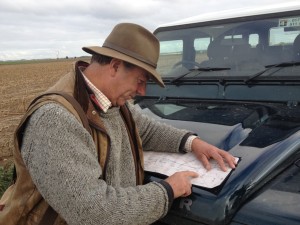
The film’s presenter Peter Barton at Regina Trench on the Somme. It was here that J.R.R. Tolkien, creator of Lord of the Rings and The Hobbit buy legit tramadol online served in October 1916.
The film follows literary figures who took part in the Battle of the Somme. As the film’s description notes “More poets and writers took part in the battle of the Somme than any other battle in history, among them Siegfried Sassoon, Robert Graves, David Jones, and JRR Tolkien. This new BBC film looks at how these men served in the same trenches, fought in the same attacks and wrote poetry and prose that has shaped the way people remember the Great War.”
Edit (4 November): I have now heard that broadcast date will be Saturday 15 November but have no TX Card or further details. I will update my website and Twitter feed when I know this.
Links:
http://www.watershed.co.uk/whatson/6193/war-of-words-soldierpoets-of-the-somme/
http://www.ideasfestival.co.uk/2014/events/bbc-preview-war-of-words-soldier-poets-of-the-somme/
http://www.bristol2014.com/whats-on/film-bbc-preview-war-of-words-soldier-poets-of-the-somme.html#.VE90sFfvZ8E
Did the media miss the important bit? The online release of First World War diaries from the National Archives
This week has seen the much awaited launch of the National Archives First World War diaries online from series WO95. For those of us who spend their time at Kew it is a welcome relief to have these documents available at the click of a mouse. With many documents out of circulation in order to be scanned over the past couple of years I have had a number of frustrating trips to Kew so I was pleased to hear the news. However, our wait is not over yet as it is only the three cavalry and seven infantry divisions which made up the original BEF from August 1914 which are online. Previously scanned diaries (many in black and white) have been removed. Revised full colour versions will be released online in the spring with the entire collection available by the end of the year.
 Strangely, the media confused these important operational unit war diaries with personal accounts. A small number of personal diaries can be found amongst the official records but there are not that many. Despite this, the BBC in particular, focused on relaying ‘newly released’ personal accounts. This missed the point and, to my mind, trivialised the importance of the announcement. I wonder quite what staff at the Imperial War Museum with their magnificent collection of diaries, memoirs and letters in the Department of Documents thought of this?
Strangely, the media confused these important operational unit war diaries with personal accounts. A small number of personal diaries can be found amongst the official records but there are not that many. Despite this, the BBC in particular, focused on relaying ‘newly released’ personal accounts. This missed the point and, to my mind, trivialised the importance of the announcement. I wonder quite what staff at the Imperial War Museum with their magnificent collection of diaries, memoirs and letters in the Department of Documents thought of this?
On Tuesday I gave an interview for BBC Radio 5live Drive in which I was asked to comment on a couple of readings from personal diaries that have been found amongst the newly digitised tranche. Each subsequent question focussed on what soldiers had to endure and, it being 5live, the importance of sport for soldiers. Only at the end of the conversation could I suggest I was asked about operational diaries and why they are so critical, not only to historians but also the general public and family members interested in finding more out about their forebears’ wartime service. It seems inexplicable that this confusion occurred.
I also gave an interview for Russian World Service which can be accessed below. During this I was asked what I thought would be the most important developments over the centenary period. Whilst having British war diaries available at the click of a mouse is wonderful, I firmly believe that it is only by using extant German primary source material that our understanding can grow. I sincerely hope the next four years sees a growing interest, not only in British records, but in a wider appreciation that much of the history written over the last hundred years has been done so using limited sources. As historians we want to find the truth, not a slanted or biased version of events.
Released alongside the British war diaries was an ambitious crowdsourcing project “Operation War Diary” which, it is claimed, will help us to unlock the data in our war diaries. Further details are available from a dedicated website: http://www.operationwardiary.org/. If it works and the data is fed back into the National Archives’ Discovery search facility it should be a great help. It will be interesting to see if the initial momentum is maintained over the centenary period. Hats off to the National Archives who should be congratulated on the digitisation process – 1.5 million pages is a lot of scanning. Now all we need is to get Germans interested in crowdsourcing and transcribing the millions of untouched pages of material in Munich, Stuttgart and Ingolstadt….
Lord Kitchener on the £2 Coin. Right or Wrong?
This morning I was invited to speak on BBC Radio Bristol on the subject of the new £2 coin to be issued by the Royal Mint. This coin depicts Lord Kitchener, Secretary of State for War, from his famous ‘Call to Arms’ poster from 1914 – ‘Your Country Needs You’. The Green Party are calling for Kitchener’s image to be removed in preference to one denoting peace. Their argument is that the use of this image glorifies war. See http://www.westernmorningnews.co.uk/Kitchener-2-coin-face-glorifies-war-say-Greens/story-20415940-detail/story.html
Removing Kitchener in preference to a design honouring peace would be a strange decision at this time. It is worth remembering the coin is one of five to be created in the period 2014 – 2018. It is hard to think of a more appropriate design to remember the events of one hundred years ago than this iconic image. Kitchener’s links to our colonial nineteenth century past are undeniable. However, it is not those events the coin is recognising. Neither is it celebrating the man himself, even though he did much to raise an army and organise sufficient munitions to prosecute the war effort. The design is a clear symbol of 1914 and the beginning of the war. I am sure that by 2018 the calls to have a design denoting peace will be strong but that time is not now.
The poster, one of the most iconic of the twentieth century, symbolises the Call to Arms in which men enlisted in the hundreds of thousands into what became the ‘New Army’ or ‘Kitchener’s Army’. That those men went off to various theatres of war to fight is undeniable; inevitably a proportion were killed or wounded in action. However, that is the reality of fighting a modern industrial war. It is a bloody, vicious, all encompassing process which the entire country is part of. As such, large scale casualties are inevitable. Men’s enthusiasm to enlist (for a myriad of reasons and not simply patriotism) and duty ensured the British, for so long reliant on the Royal Navy, could form an army of sufficient size to fight the Germans in continental Europe.
I have read suggestions that an image of Harry Patch be used on the coin as an alternative. Harry was the ‘Last Fighting Tommy’ and won a place in the hearts of many around the world due to his passionate advocacy for peace. I was lucky enough to know him well, looking after him on his pilgrimages back to Flanders. However, whilst he was the last survivor of the trenches, the question remains, was he symbolic of the way that all old soldiers thought? Not at all. As hard as it may be for us to stomach, many of those who went to war enjoyed it, revelling in the experience; the camaraderie, regular food, exercise and the chance to escape their humdrum or dangerous industrial civilian life. These men would never live their life in the same way, never living on the edge again. It would be wrong to say that all soldiers thought like this but, neither did all men who fought share Harry’s views. With millions of service personnel it is inevitable there were many different views. So, would it be a good idea to have Harry on a coin? Only if his views mirror those of every serviceman and woman who did ‘their bit’. Clearly, they do not.
What we are talking about here is a coin – one of five to be created over the next five years. Does it remind me of ‘jingoism’ and the dark days of British colonial expansion? No. It brings to mind 1914 and the mass enlistment of a new army. The irony is that in many ways I am ambivalent to it. It is a coin, that is all. I doubt many could say what image adorns the loose change rattling in their pockets or purses. However, unless a brilliant new design is pushed through that strikes a particular chord then I’ll be happy to go with Lord K and his Call to Arms. If I ever get to see one in my change then my first reaction will probably be to think of that wasted morning I spent talking and writing about it. Which brings me on neatly to my next point….
Like many who spend their life researching and learning about the First World War, either guiding on the battlefields, researching in archives or speaking to schoolchildren I am increasingly disheartened by the events of the first week of 2014 which has seen an ugly war of words between various political parties. I am not alone in finding these arguments, started by Michael Gove in his Daily Mail article, unedifying. Clearly, the centenary offers a perfect opportunity for political parties of every persuasion to have their say on upcoming events, using it for their own political benefit. Making cheap political capital out of this period is opportunistic but, sadly, unsurprising. With the social and economic injustices in this country haven’t we more pressing issues in this country for politicians to deal with?
For many of us with a deep-seated and long-standing interest in the war the focus will remain the men who served, their families who remained at home and that legacy – that is what is important, not political jousting and ‘what if’ history. It is sad to say but after just ten days of the new calendar year I am already looking forward to 2018 and the lessening of media and political interest. At this rate, it cannot come too soon.
The discussion on the Steve Le Fevre BBC Radio Bristol Breakfast Show can be heard via iPlayer for another seven days HERE. The piece starts from 1:49.20 in.
Today sees the public launch of our ambitious project at the Glory Hole in the village of La Boisselle at the heart of the Somme battlefields. We have been invited by the landowners to conduct a long-term archaeological and historical study into the site, one of the most unique still extant on the western front.
BBC Breakfast and News 24 are covering the launch with Robert Hall on live feed from the Somme. He will be interviewing members of the La Boisselle Study Group (Peter Barton, Simon Jones and Iain McHenry) as well as one of the landowners who has given us this tremendous opportunity. Owing to other commitments I am not able to be on site today with my colleagues but am enjoying seeing the reaction in the UK.
For all details of the project please see our website: http://www.laboisselleproject.com/
The detailed article on the BBC website can be read here: http://www.bbc.co.uk/news/magazine-13630203
Not really Great War related but I was very saddened to hear of the death of Brian Hanrahan at the age of 61 from cancer. I always thought him a quality journalist and well remember his reporting of the Falklands conflict. I met him in July 2007 when he led a BBC team that followed Harry Patch on one of his pilgrimages back to Ypres. Brian seemed a really nice guy, genuinely interested in Harry and the visit. You can tell with many journalists that it is ‘just a story’. On that 2007 trip it was clear that Brian certainly realised it was more than a story and acknowledged how lucky he was to have such unfettered access to Harry on his time in and around the Ypres Salient. He was a real gentleman, was never pushy with his requests and was quite happy to just follow us on our usual pilgrimage sites. The footage from his team’s visit is available on YouTube here but, sadly, this is the BBC West version so it doesn’t have Brian’s commentary.
Some photos of him interviewing Harry on the Passchendaele battlefield and then relaxing at John Vandewalle’s wonderful De Dreve café at Polygon Wood. It was during this interview, literally over a beer, that I saw Harry at his most relaxed. This was, in no small part, down to the skill of the interviewer. Great memories for us who were there and very sad to think that both men have now died.

